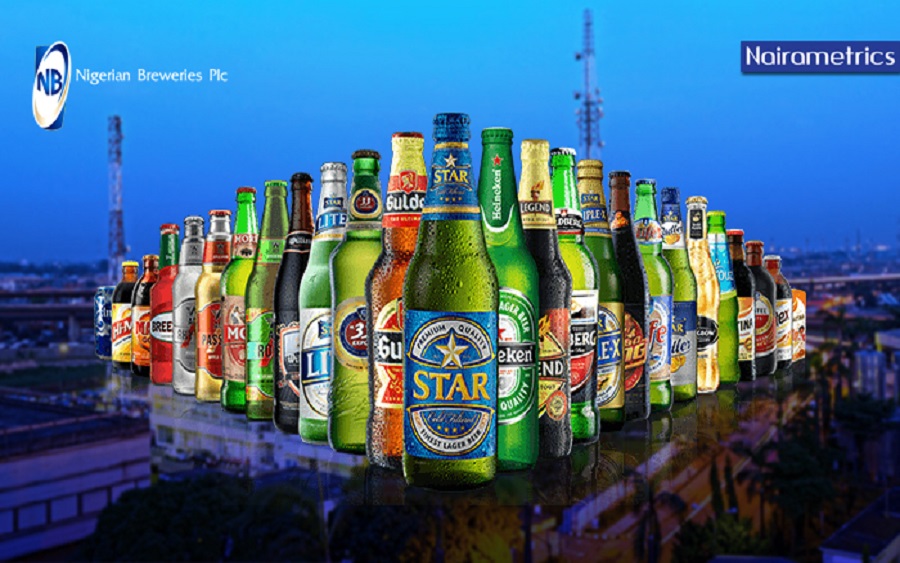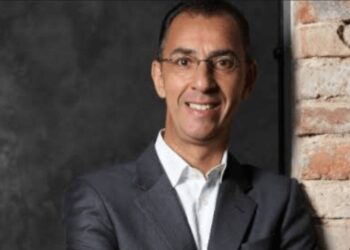In the world of stock market investing, the greater fool theory is a concept that best captures how investors think about themselves.
You buy a stock at a high price and then hope that someone even more foolish than you will buy at an even higher price. To be honest, this is actually how investing in an overvalued market works. While the greater fool theory focuses on buyers and sellers there is a much-overlooked one that occurs between companies and their shareholders.
Here, the company declares profits, pays shareholders dividends out of the profits, executives of the companies get bonuses and salaries, the government gets its taxes and then everyone is happy.
Nigerian Breweries, one of Nigeria’s largest companies recently declared a final dividend of N1.6 per share to its shareholders. The dividend declared is about 101% of its profits. Over the last five years, Nigerian Breweries has paid out an average of 130% of its profits as dividends. As robust as this dividend payout is, it amounts to just 3.3% in dividend yield, highlighting an even greater problem for the company.
For example, this year’s profits of N12.6 billion (which is a 72% increase YoY) only resulted in a return on average equity of just 7.6%. Its return on asset, a measure of how well the company is sweating its assets, printed at just 2.7%. Profit margin, which determines how much profits it squeezed out of sales was just 2.9%, meaning that for every N100 of sales, N97 goes to overheads and operating expenses.
In this context, out of the value created by the company, 38% is spent on salaries and emoluments, 32% on assets and 12% on taxes and then guess what, 10% for shareholders including retail shareholders who have no major say on how the company is run.
This year, Nigeria Breweries went a step further. It decided shareholders can choose to accept dividend in cash or in shares. While the former means cash is spent paying dividends, the other results in cash being kept. The impetus for this, we understand is tax avoidance. By issuing shares, its foreign portfolio investors can take those shares, go to a foreign market, sell, and get their dividends out without paying tax. It also helps them avoid the inability to repatriate their investments. All valid reasons but at the expense of who? The greater fool?
By issuing shares to shareholders of the company, Nigeria Breweries is creating a fresh new challenge for shareholders who have little say over what transpires. Issuing script dividends retain capital but this is counterproductive. Nigeria Breweries should be looking at returning capital to shareholders and not retaining it.
For a business that has averaged single digits in return on average equity over the last 5 years, it is obvious the profit potential of the business cannot match the amount of capital put forward to make returns on that capital. This is why it has been paying more dividends to investors than profits over the years. Deciding to offer its shareholders shares in exchange for cash compounds this challenge. Whilst it might be a great way of rewarding shareholders who want to avoid tax and foreign exchange risk it creates more problems for other shareholders.
What NB needs is fewer shares not creating more shares. In addition to paying dividends, it should consider buying back shares to boost earnings per share and consequently returns in equity. Shareholders are worse off when new shares are created especially where the cash retained does not amount to improved returns when adjusted for inflation. It’s time for someone else to be the greater fool.






















The writer gave a good review but there are more areas to consider on how things run in a global corporate of high value. Cost structure and value of capital appreciation.
The profit margin may be low for several reasons one of which maybe because of the overhead like Management and Technical fee that has gone to Heineken BV.
For the share price; the price of goods whether bread or NB shares are determined by demand and supply. 54.09% of NB Plc shares belong to Heineken BV and 15.53% to Stanbic Nominees Nigeria Limited. That is approx 70% completely off the market. As a blue-chip company institutional investors (eg Pension Managers) must have locked in at least for the sake of value and regulatory requirement of spreading investment. Recognizing the fact that this is one of the few stable investments around. This shareholding structure limits the supply of shares to the market while demand is ever-present. Low supply and high demand will result in high prices. This leads to capital appreciation. This is a major return that the writer fails to recognize.
Investors don’t invest for dividends only, we will always have people trying to protect the value of the wealth through capital appreciation. Rather a strong word to describe such as fools.